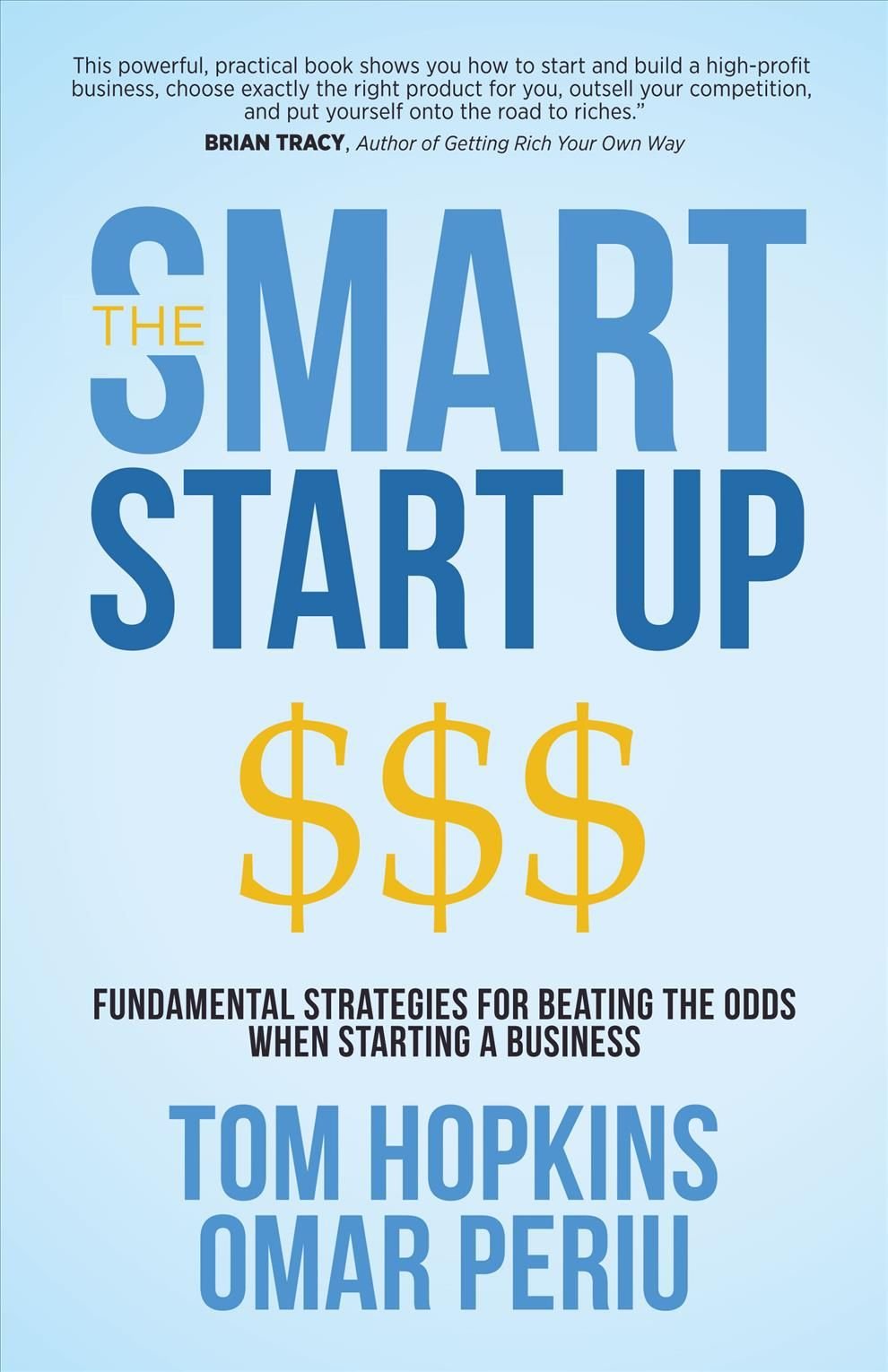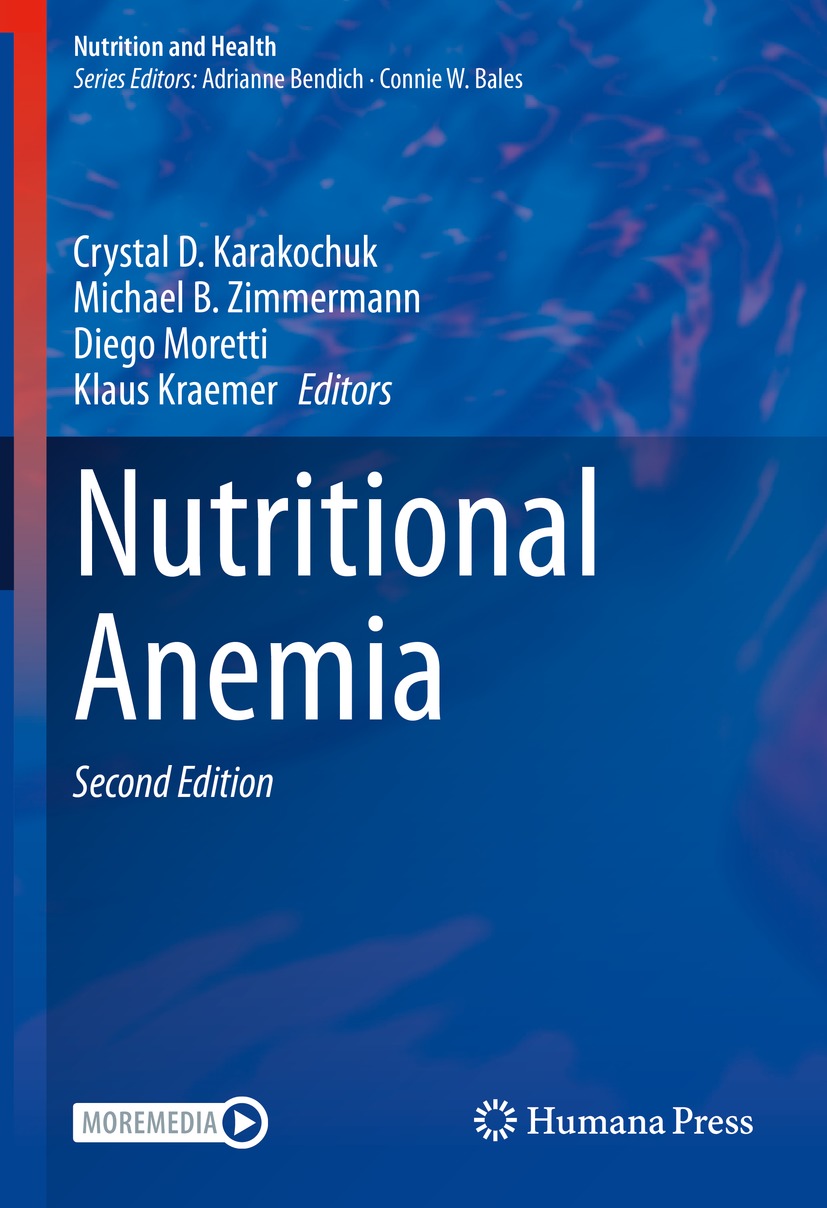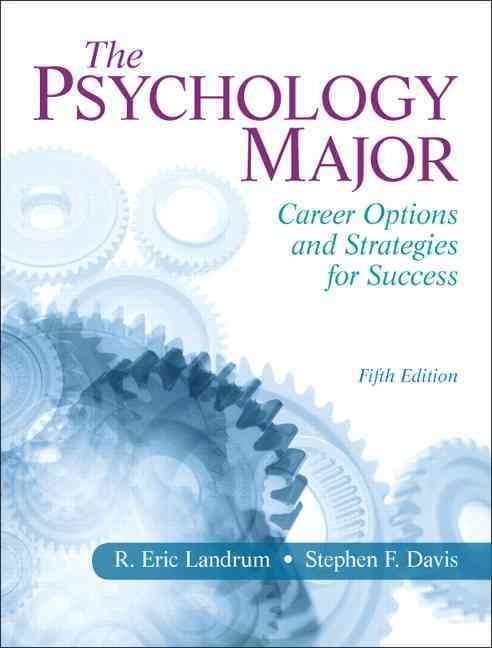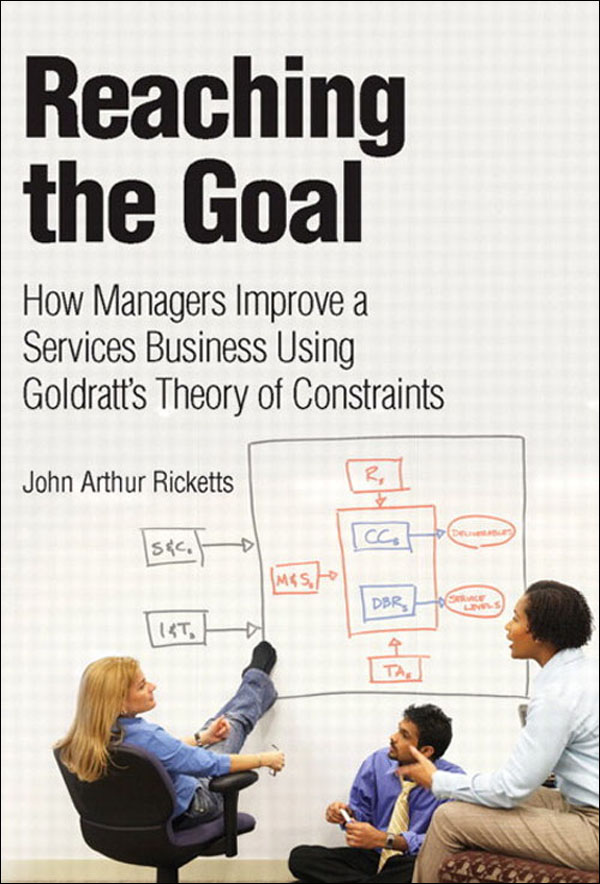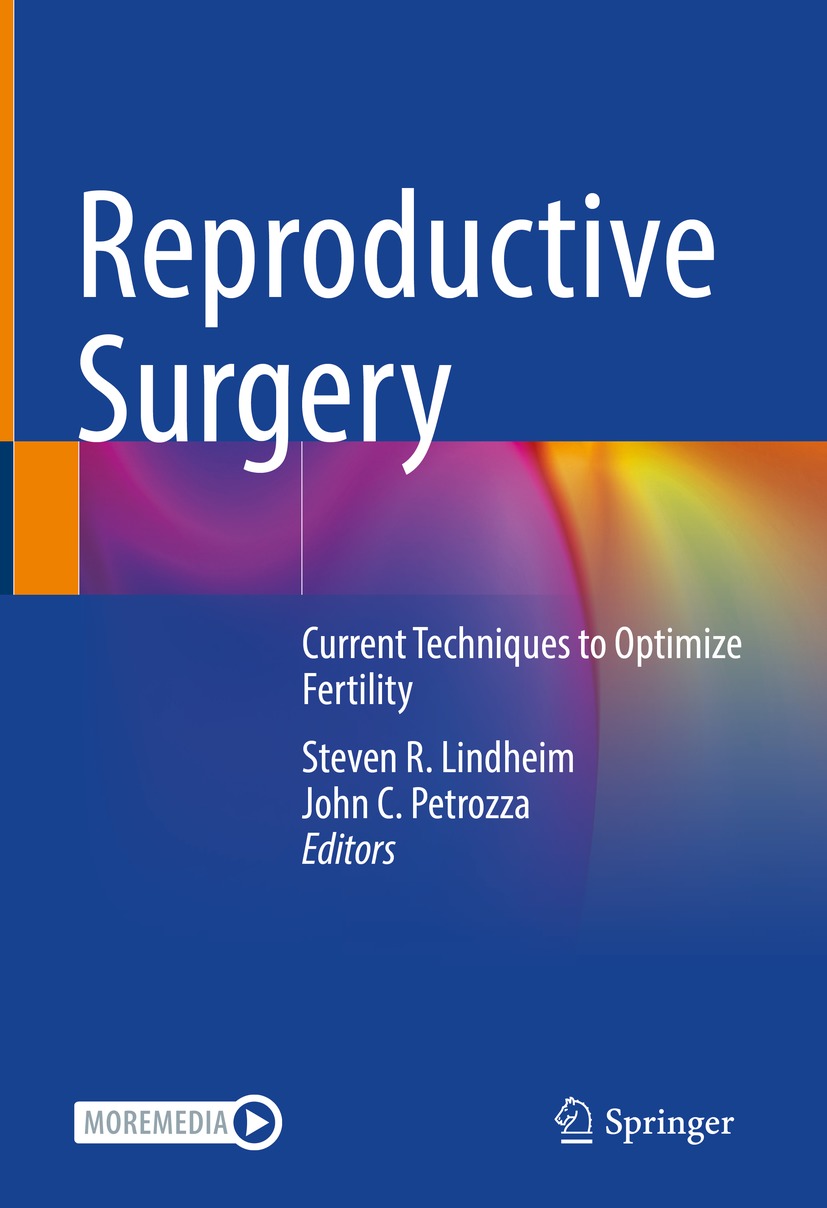Traumatic brain injury (TBI) refers to nondegenerative, noncongenital damage to the brain from an external mechanical force, which can lead to permanent or temporary impairment of cognitive, physical, and psychosocial functions, with an associated diminished or altered state of consciousness. Despite this broad definition, it is estimated that more than 1.500.000 people suffer TBI annually in US, with 20% afflicted with moderate or severe forms. Additionally, a high percentage of these patients are unable to return to their daily routine (approximately 50%). In this context, both motor and cognitive rehabilitation are extremely important for these individuals. The aim of cognitive and motor rehabilitation is to recover an individual’s ability to process, interpret and respond to environmental inputs, as well as to create strategies and procedures to compensate for lost functions that are necessary in familial, social, educational and occupational settings. The purpose of this book is to review the basic concepts related to TBI, including mechanisms of injury, acute and post-acute care, severity levels, the most common findings in mild, moderate and severe TBI survivors, and the most frequent cognitive and motor impairments following TBI, as well as to discuss the strategies used to support post-TBI patients. The most important rehabilitation techniques, both from cognitive and motor perspectives, are addressed. Finally, information regarding work and community re-entry and familial and psychological support are discussed in detail. Topics in Cognitive Rehabilitation in the TBI Post-Hospital Phase is intended as a reference guide for all professionals who have contact with or are related to patients suffering from TBI. Any professionals who work with or are related to patients suffering from TBI will find here a broad and comprehensive overview of TBI, addressing all essential issues, from acute care to rehabilitation strategies, follow up and re-socialization.


